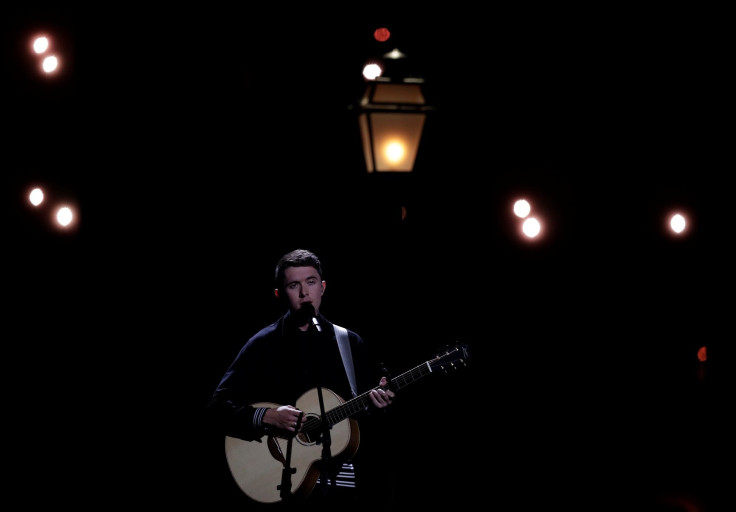Eurovision bans China from broadcasting after it censored LGBT content from Ireland

The Eurovision Broadcasting Union (EBU) has banned China from airing the Eurovision Song Contest 2018 after the Asian country censored two of the semi-final acts last week. The Chinese network, Mango TV, censored LGBT symbols during the live broadcast of the performances of Ireland and Albania on May 8.
Ireland’s performance by Ryan O’Shaughnessy and two male dancers acting out a gay love story was reportedly pulled from the broadcast. The rainbow flags the audience carried were also apparently blurred for the Chinese viewers.
Eugent Bushpepa from Albania was also subjected to the treatment when Mango TV pulled the performance from broadcast because the singer was heavily tattooed.
“On the 9th of May, Chinese broadcaster Mango TV broadcast the first Semi-Final of the 2018 Eurovision Song Contest live but two performances were censored. This is not in line with the EBU’s values of universality and inclusivity and our proud tradition of celebrating diversity through music,” the statement reads.
“It is with regret that we will therefore immediately be terminating our partnership with the broadcaster and they will not be permitted to broadcast the second Semi-Final or the Grand Final.”
It is not clear if Mango TV decided to censor the performances on its own or it was ordered by the state regulators to do us. Although homosexuality is not illegal in China, content depicting or suggesting LGBT are heavily censored by the conservative government.
The EBU controls the annual Eurovision contest. Australia, Israel and Cyprus, despite not being European nations, are competing in the event. Australia’s entry is Jessica Mauboy’s “We Got Love.”
The Grand Final airs from Lisbon, Portugal, on Saturday on BBC One in the UK. It will air Sunday at 7:30 p.m. on SBS in Australia.





















